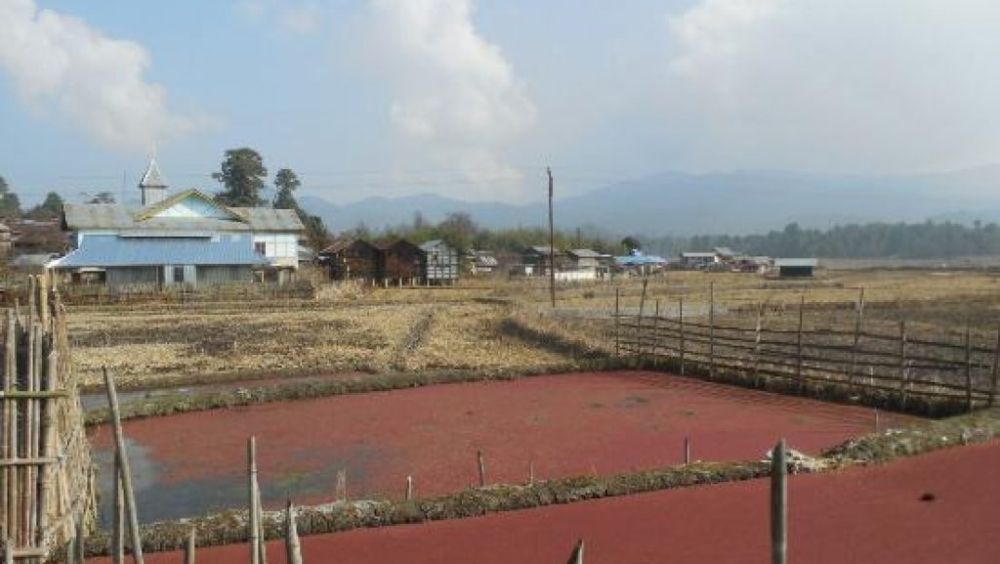

The Tarin Fish Farm, located in the idyllic town of Ziro in Arunachal Pradesh, has a rich history that intertwines with the indigenous practices of the Apatani tribe, who are the original inhabitants of this region. Historically, the Apatani people have been known for their sustainable and symbiotic practices in agriculture and aquaculture, which has attracted tourists interested in eco-tourism and cultural experiences. The concept of fish farming within paddy fields is a distinctive feature of the Apatani culture and has been practiced for generations.
Tourism in this region began to gain prominence as travelers from across the world started to seek destinations that offered an escape from the bustle of urban life, and an immersion into traditional and eco-friendly ways of living. Ziro Valley, of which Tarin Fish Farm is a significant part, has long been recognized for its breathtaking landscapes, sprawling rice fields, and biodiversity. It became an offbeat destination for those looking to explore unspoiled nature and experience the unique culture of local tribes.
The Arunachal Pradesh Tourism department has gradually developed Tarin Fish Farm as an important spot in the Ziro tourism circuit, ensuring that visitors can witness the integration of aquaculture with agriculture firsthand. The introduction of the Ziro Festival of Music, an annual event which started in 2012, has contributed significantly to the increase in visitors to the area. As a result, more people have discovered Tarin Fish Farm due to the festival's wide-reaching appeal.
In recent years, there has been a notable shift towards responsibly-managed cultural and nature tourism. Visitors to Tarin Fish Farm are increasingly interested in learning about sustainable living practices. There is now a growing trend of agro-tourism, where tourists are keen on participating in farming activities and understanding the intricate relationship between nature and culture.
The latest trend also leans towards a more immersive experience, where tourists stay in homestays run by the Apatani people themselves. This allows for deeper cultural exchanges and supports the local economy by creating avenues for income generation outside of traditional agriculture and fishing.
With the global push for sustainable and ethical travel, communal efforts have been made to preserve the region's natural beauty and culture, which in turn keeps Tarin Fish Farm a desirable destination for eco-conscious travelers. There is also a greater social media presence, with many travelers sharing their unique experiences online, which helps in promoting the site as a must-visit location in Northeast India.